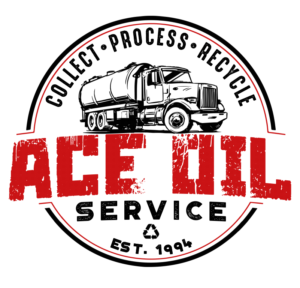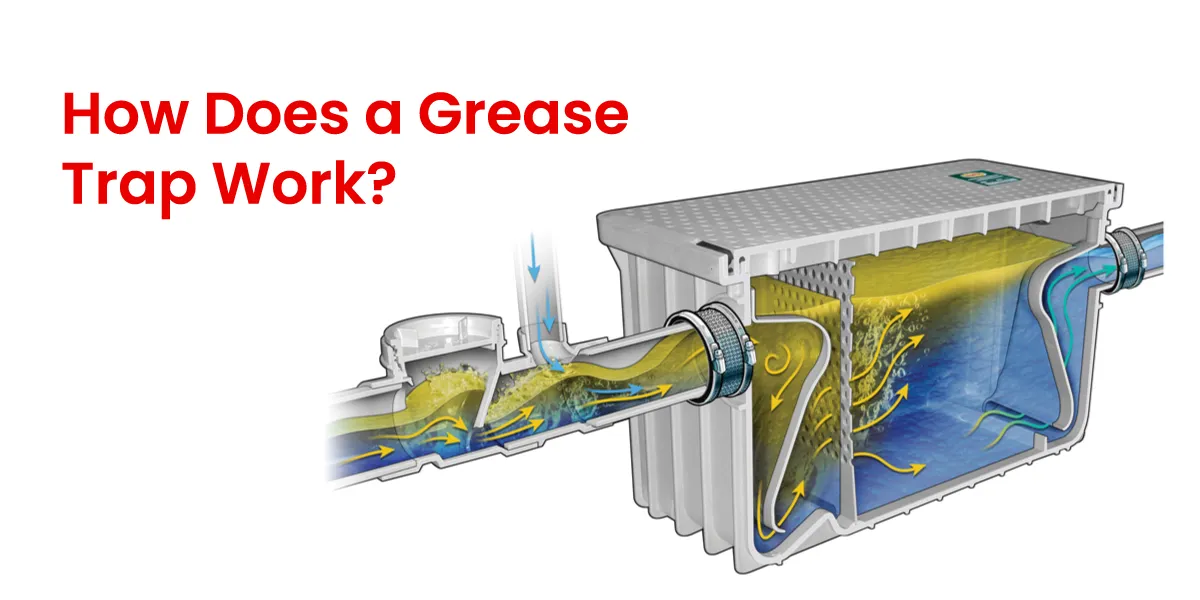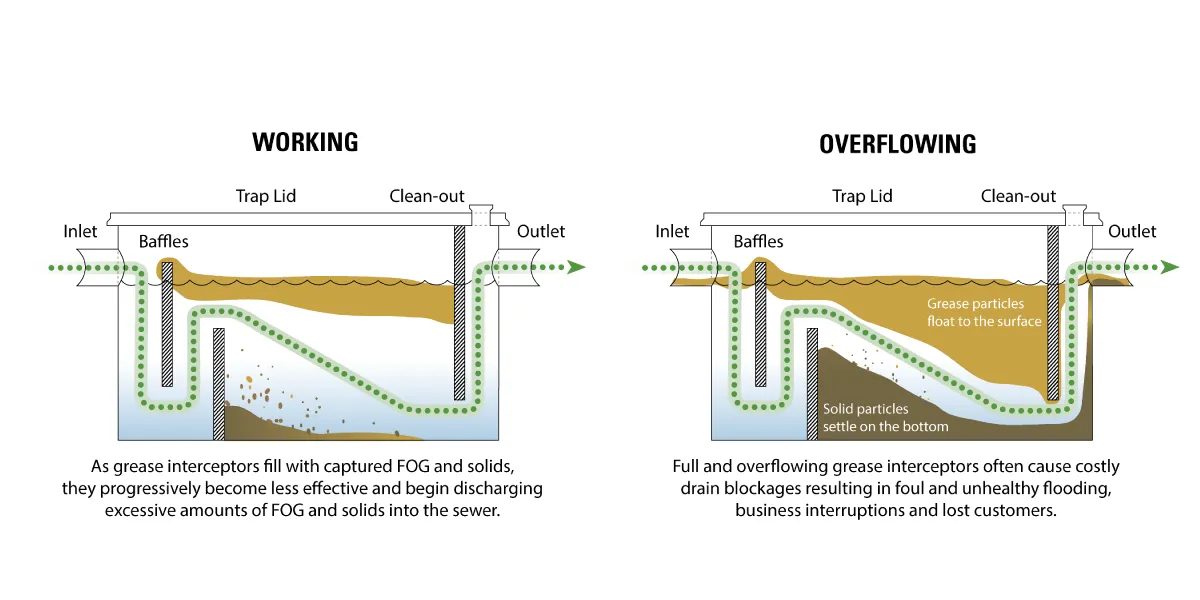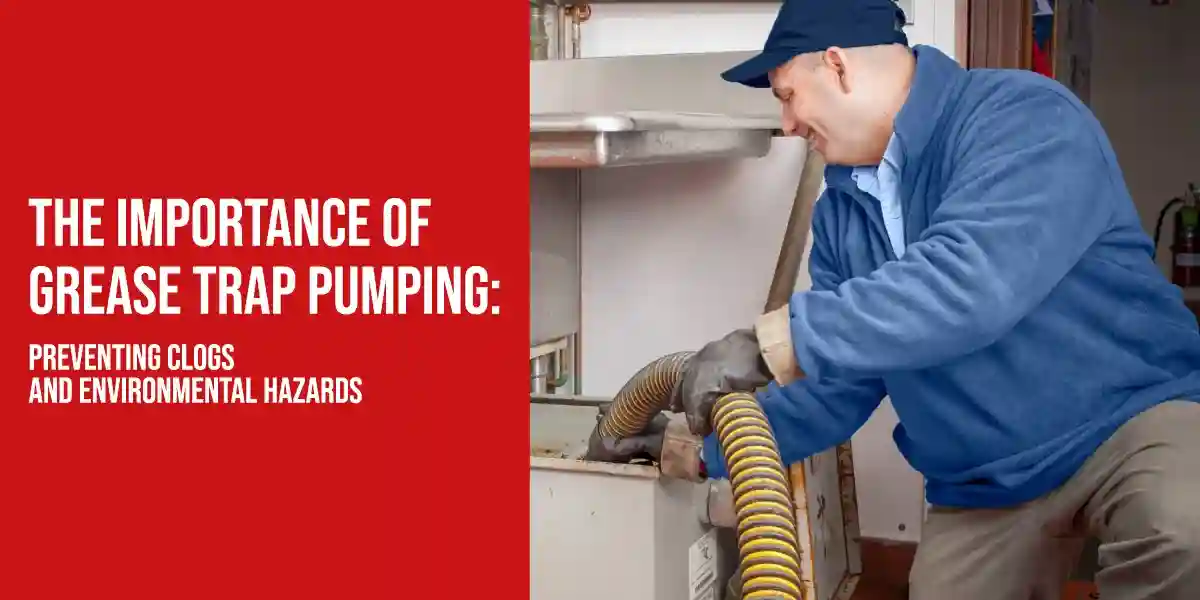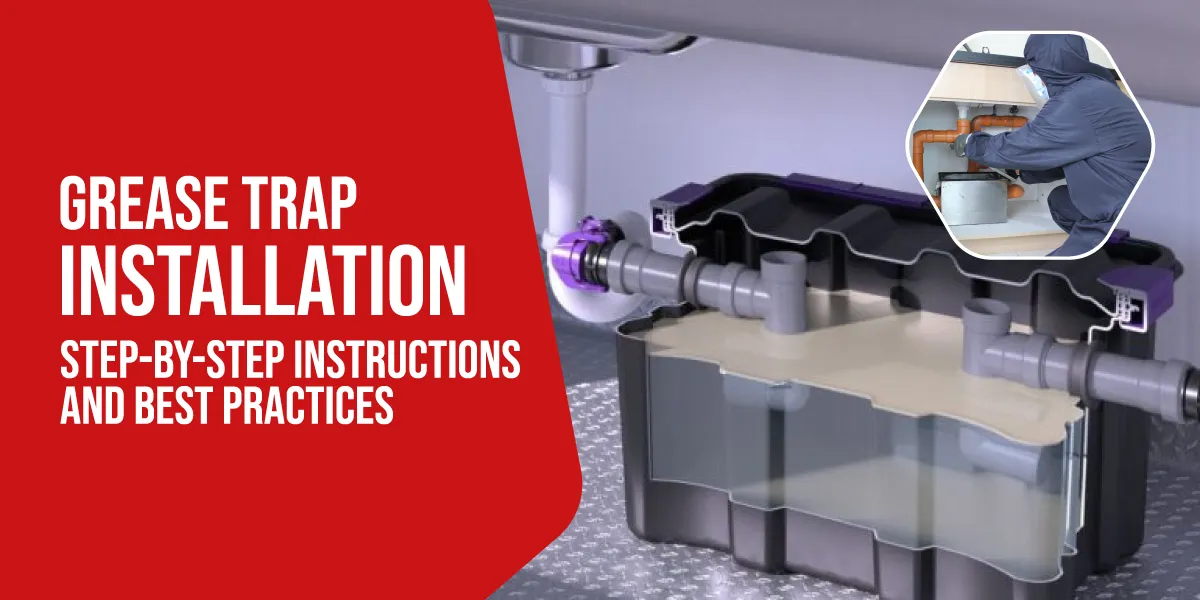Grease traps are designed to keep hazardous fats, oils, and grease out of wastewater systems where they could harm the ecosystem. The use of grease traps in industrial kitchens is crucial. Cleaning grease traps on a regular basis is essential to keeping an eco-friendly and sustainable operation.
A Grease Trap: What Is It?
One item used in plumbing is a grease trap. Grease, oils, and fats are caught and separated by it. This is done prior to the wastewater entering the sewage system. Its goal is to keep FOG elements from forming and clogging drains, which could result in expensive plumbing problems and sewage spills.
How Do Grease Traps Operate?
Grease traps work in a very straightforward yet highly efficient manner. In commercial kitchens, restaurants, and food processing facilities, where FOG formation is common, it is usually installed in the drainage system.
Separation Process: FOG rises to the top of the grease trap due to gravity, which is a natural process that occurs when wastewater from dishwashers, sinks, and other kitchen appliances runs into the trap. Grease floats on the top, relatively clear water is in the center, and solid food particles settle at the bottom of this separation, forming different layers.
Retention and Accumulation: To keep the trapped grease and solid particles out of the main sewer line, they stay inside the grease trap. After being cleared, the water is subsequently released into the sewage system via an exit pipe.
Maintenance: To maintain their effectiveness, grease traps need to be cleaned on a regular basis because of their limited capacity. Frequent maintenance is necessary to avoid blockages and unpleasant odors caused by the buildup of FOG and solids that exceed the capacity of the trap.
The Importance of Grease Trap Maintenance
Preventing Drain Blockages: One of the main goals of routine grease trap cleaning is to avoid blockages in the drain. Solid trash and accumulated grease can impede wastewater flow, causing backups, disagreeable odors, and possibly expensive plumbing repairs.
Respecting Regulations: Grease trap maintenance is subject to stringent laws in many local governments. Penalties, including fines, may arise from neglecting to maintain and clean grease traps in compliance with these laws. Maintaining regular cleaning shows that you are committed to upholding local regulations and environmental responsibilities.
Increasing Grease Trap Lifespan: Keeping the grease trap clean on a regular basis helps it last longer and operate at its best.
Environmental Preservation: Well-operating grease traps are essential for preserving the environment. Improper maintenance can cause early wear and tear and expensive repairs. Grease traps lower the risk of sewer overflows and water body contamination by keeping food-grade garbage out of the sewage system, protecting aquatic life and the integrity of ecosystems.
Sustaining Safety and Hygiene: Keeping the grease trap clean aids in keeping the kitchen workers’ working environment safe and hygienic. Grease traps that are neglected can emit foul odors and pose health risks, which can be prevented with routine cleaning.
Grease traps are essential resources for the foodservice industry’s promotion of environmentally friendly practices and conscientious wastewater management. Comprehending their purpose and the significance of routine maintenance is essential for the seamless functioning of commercial kitchens, adherence to rules, and preservation of the environment. We help create a cleaner, greener, and healthier future for our world and our communities by adopting these habits.
Go with a Experienced Grease Trap Service
With their skills, Ace Oil Service can maintain and repair your grease trap system in the Tri-State area. Reagent odors, clogs, and backups can all be caused by an unclean grease trap. In the worst possible circumstances, it might severely disrupt your business if left unattended.
Maintaining grease trap cleaning on a regular basis is less expensive than losing clients, doing emergency cleaning, and fixing broken plumbing. Plan routine grease trap maintenance to prevent the need to call a plumber or drain cleaner in for emergency repairs.
For a quote and more information about how Ace Oil Service keeps restaurants in the Tri-State areas operating profitably, give them a call at 844 OIL 4 ACE.
